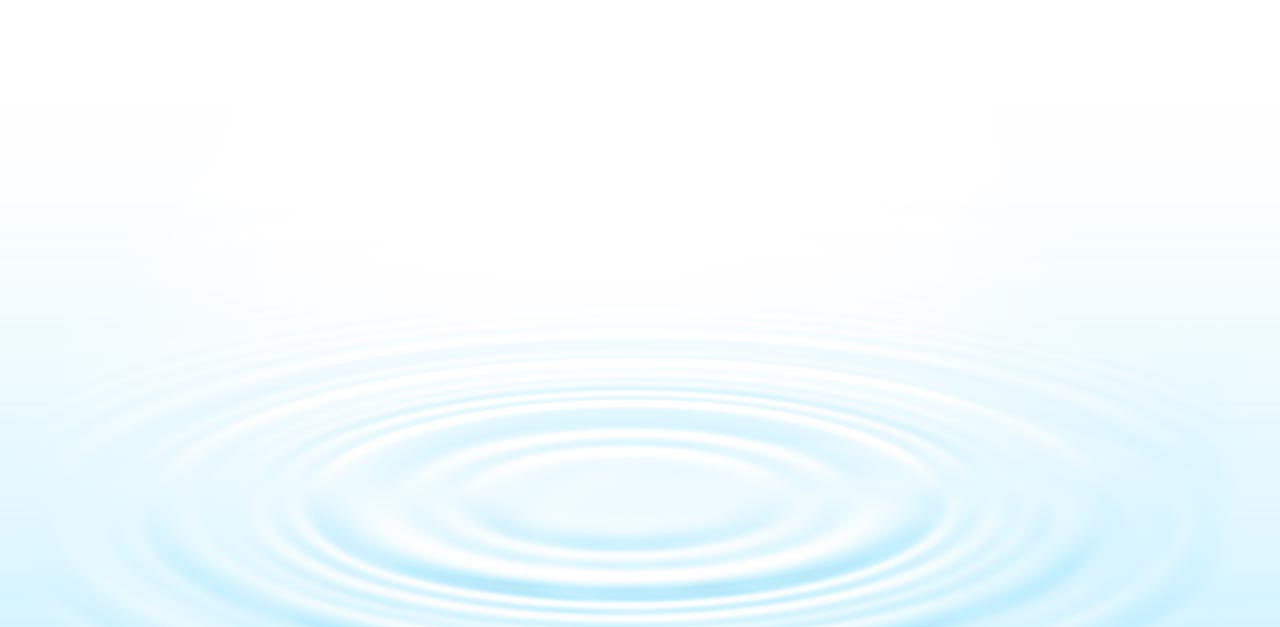
Welcome to HomeWater 101.
How's your water?
The water in your home touches everything from your pipes to your appliances to your clothing and dishes to your body. Frustratingly, many homeowners in the United States deal with water problems each day.
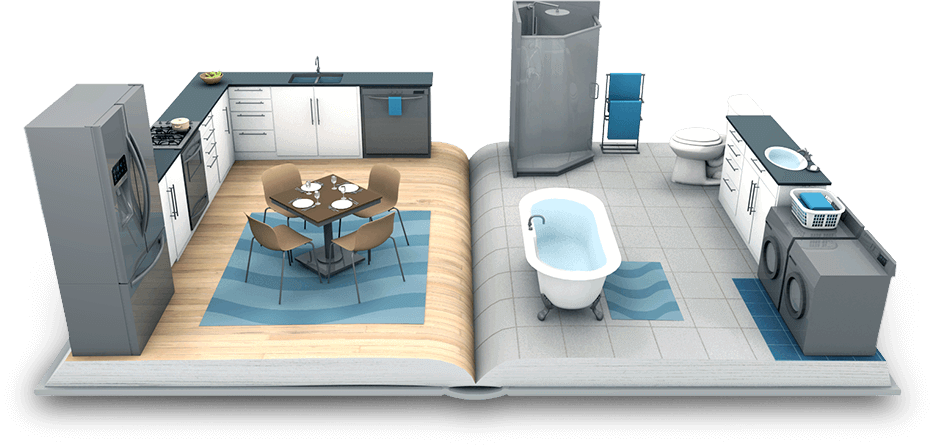
Common Water Problems
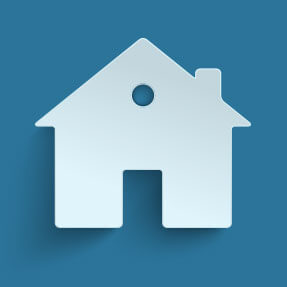
- Stains Are Difficult to Remove
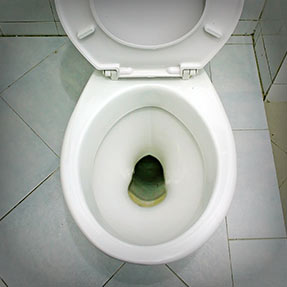
- Tile and Tubs Won't Rinse Clean
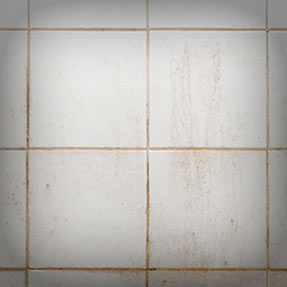
- Dishes Are Spotty and Glasses Are Cloudy
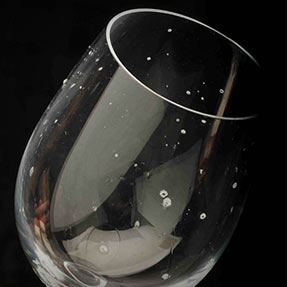
- Skin Feels Dry and Itchy
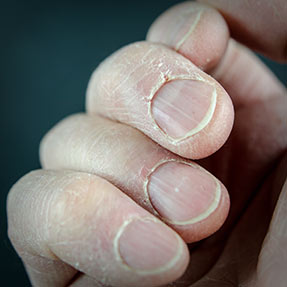
- Hair Is Dull and Lifeless
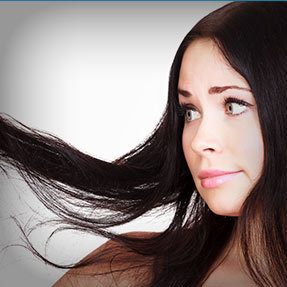
- Faucets and Fixtures Are Covered in a White Crust
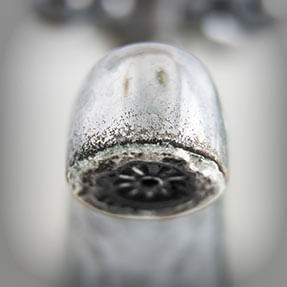
- Pipes Become Clogged
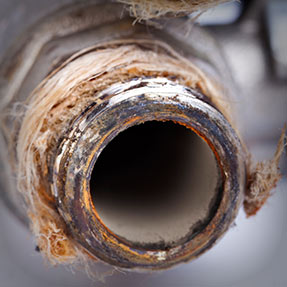
- Water-Using Appliances Run Inefficiently
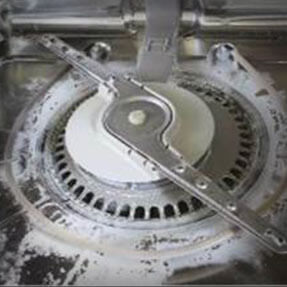
- Low Water Pressure from Shower and Sinks
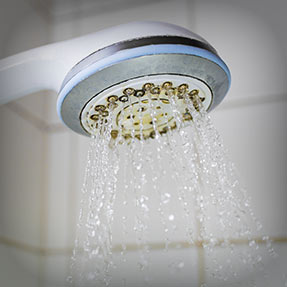
- Clothing Looks Dingy and Yellowed
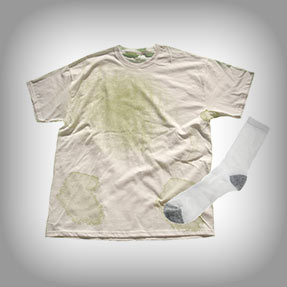
- Clothes Wear Out Faster
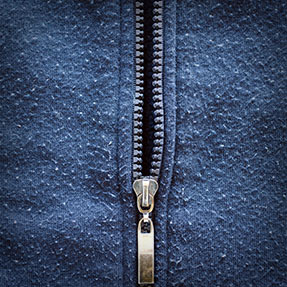
- Soap Doesn’t Lather
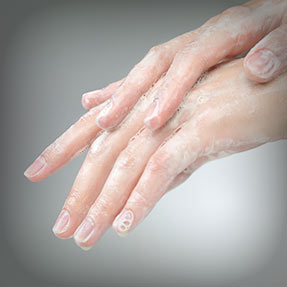
- Towels Are Scratchy and Hard
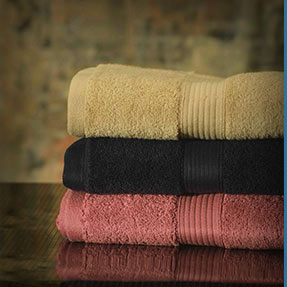

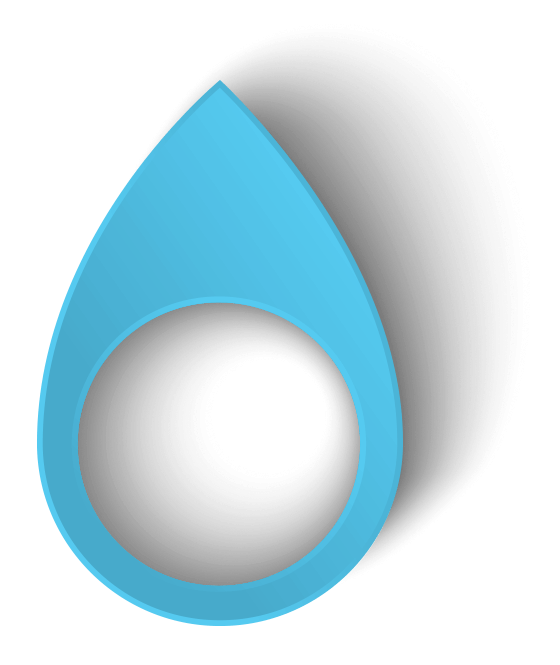
What's Causing My Water Problems?
The Likely Answer: Hard Water.
Hard water is water that has accumulated minerals during the water cycle. It can affect everything from your home’s energy use to the health of your skin to your family’s wallet.
In homes with hard water, problems are most likely to surface while doing household chores and bathing. That’s because the minerals in hard water accumulate in, on and around pipes, dishes, tile and laundry. They also weaken the effectiveness of most soaps and cleaners.


Water evaporates and turns into rain.
As the water flows through the earth, it collects minerals like calcium, iron and magnesium.
This water becomes part of our groundwater supply.

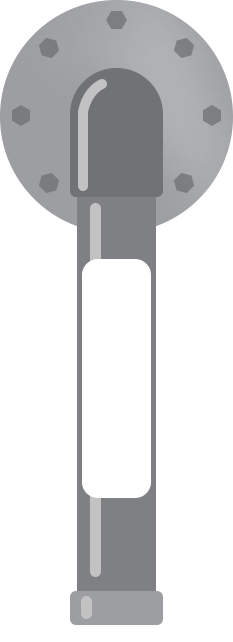
These excess minerals collect in our pipes.


And are deposited into our homes through normal water usage.
More than 85% of Americans live in areas with hard water.
Hard water increases the time it takes to perform typical cleaning tasks by 40%.
Water heaters operate 29% more efficiently and last 50% longer with water softeners.
The Soft Water Difference
Soft water is likely to have a positive impact on your home’s energy use, the lives of your fixtures and appliances, and your ability to properly clean your home and yourself. A home with soft water is something you can take pride in visually, physically and economically.
-
Save Money
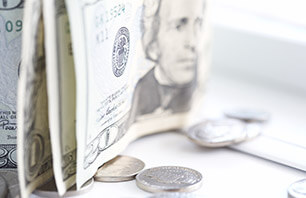
With soft water, your water-using appliances require less energy and fewer repairs. Fixtures, fabrics—and appliances—last longer. And you use fewer cleaning products overall.
-
Look & Feel Better
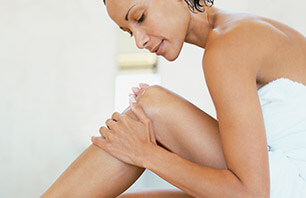
When it comes to health and beauty, soft water means skin that isn’t dry and itchy. Softer, more manageable hair. Vibrant, longer-lasting hair color. And less razor burn.
-
Clean Easier
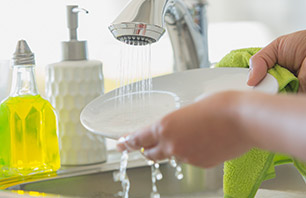
Additionally, soft water allows soaps, shampoos and cleaners to lather richly and rinse completely. So you get spot-free glasses, scum-free tile and cleaner, softer laundry.
How to Get Rid of Hard Water
A home water softener is the most efficient way to remove the minerals that make your water hard. Affordable water softening systems are available from a variety of retailers with capacities to fit your home’s water usage and hardness.


